The internet is becoming more and more popular and becoming a global protocol, but this also makes accessing and using it more complicated. Currently, there are billions of websites worldwide containing information, helping people connect, along with countless tasks on the internet that require dozens of steps to perform.
For a normal person, "mastering" operations on the internet is simple, but it can become impossible for people with disabilities. For that reason, a group of scientists and engineers in Ohio (USA) are developing an online AI tool to help simplify the process of using the digital world for everyone.
"For some people, especially those with disabilities, it can be difficult to access the internet. We are increasingly dependent on the digital world in our daily lives and at work, but this also brings with it more barriers and to some extent increases the digital divide," said Yu Su, a scientist who co-authored the study.
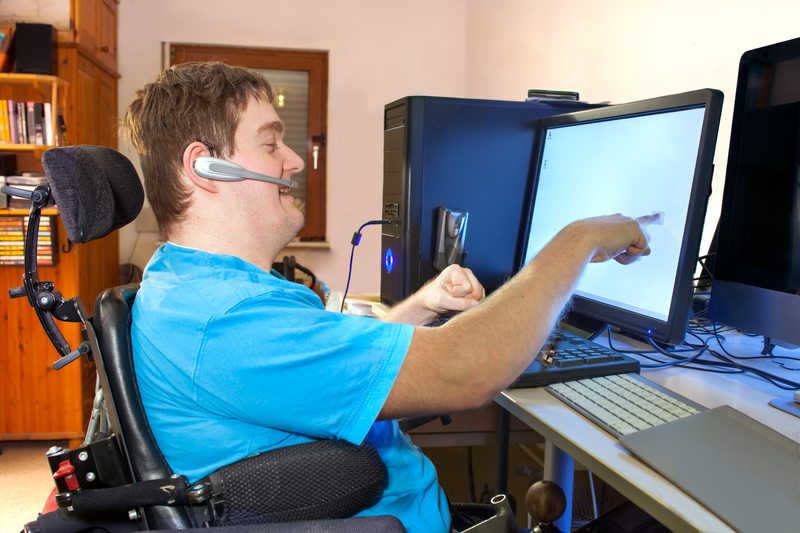
AI will solve the complexity of internet operations with just everyday language commands
Yu Su and his colleagues’ project leverages the power of large language models (LLMs) to create virtual agents that can act like humans when accessing the internet. The team demonstrated the model’s ability to understand context and functionality, operating on various websites based solely on language processing and prediction.
Su said the project's success was largely due to the AI model's processing capabilities during the accumulation process through "learning" from the internet. The team gave the AI more than 2,000 tasks from 137 different real-world websites to serve the training requirements. Some of the assigned and successfully completed requests included booking one-way and round-trip international flights, following celebrity accounts on X (formerly Twitter), finding comedy movies on Netflix that were released between 1992 and 2017, etc. Many tasks were considered difficult, such as booking international flights that required 14 operations.
“Training AI to perform tasks using language commands has only become possible with the recent development of LLMs like ChatGPT,” Su said. Since OpenAI’s chatbot was released to the public in November 2022, millions of users have used ChatGPT to generate automated content, from poetry and humor to cooking advice and disease symptom diagnosis.
In addition to supporting people with disabilities in using the internet, the development team's AI can also be used to enhance the power of other artificial intelligence systems such as ChatGPT, turning the internet world into a tool with unprecedented power.
"We see great potential in improving performance, allowing us to focus on more creative parts of our work. But it also comes with the potential for great harm," said a representative of the development team. The risks mentioned include misuse of users' financial information, spreading fake news, etc.
Therefore, experts say that humans should be cautious about these factors and make concerted efforts to try to minimize the risks. But Yu Su believes that human society will see great growth in the commercial use of AI in the coming years, especially when the technology becomes popular among the public.
Source link




![[Photo] President Luong Cuong receives delegation of the Youth Committee of the Liberal Democratic Party of Japan](https://vstatic.vietnam.vn/vietnam/resource/IMAGE/2025/8/22/2632d7f5cf4f4a8e90ce5f5e1989194a)
![[Photo] Prime Minister Pham Minh Chinh chairs the conference to review the 2024-2025 school year and deploy tasks for the 2025-2026 school year.](https://vstatic.vietnam.vn/vietnam/resource/IMAGE/2025/8/22/2ca5ed79ce6a46a1ac7706a42cefafae)

![[Photo] President Luong Cuong attends special political-artistic television show "Golden Opportunity"](https://vstatic.vietnam.vn/vietnam/resource/IMAGE/2025/8/22/44ca13c28fa7476796f9aa3618ff74c4)

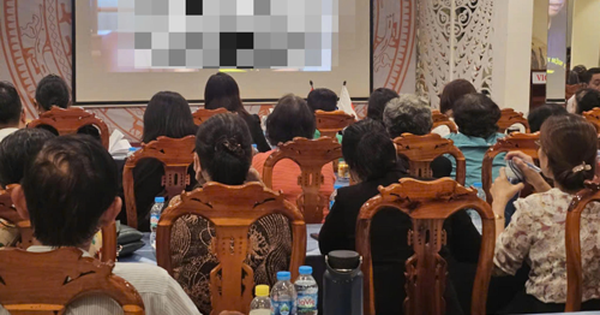

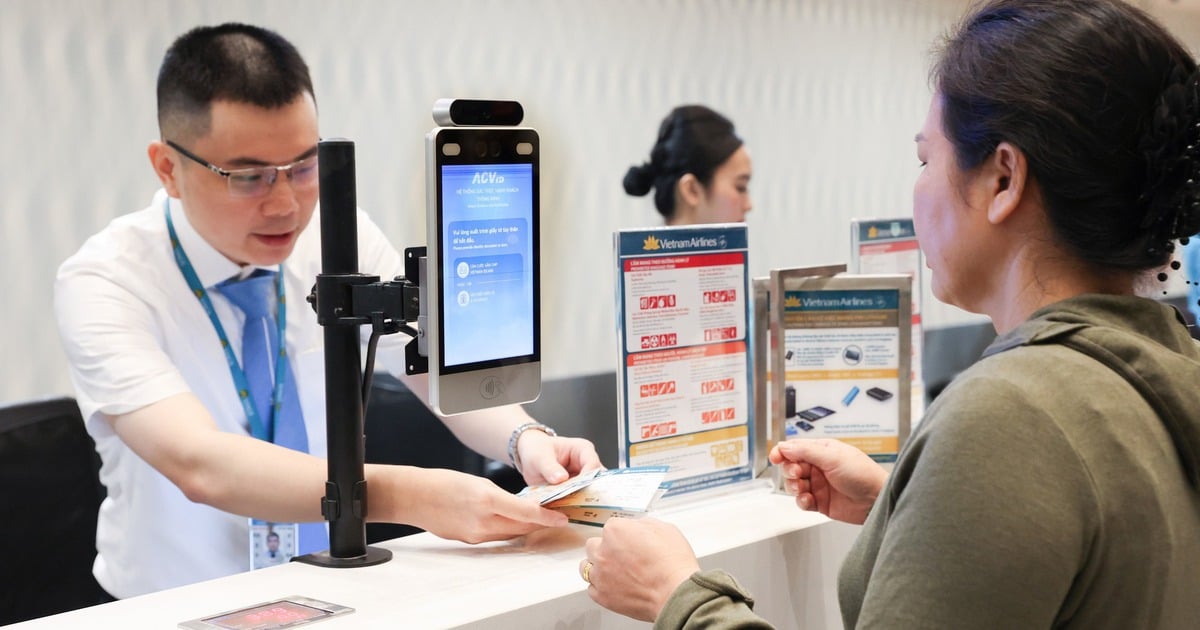



















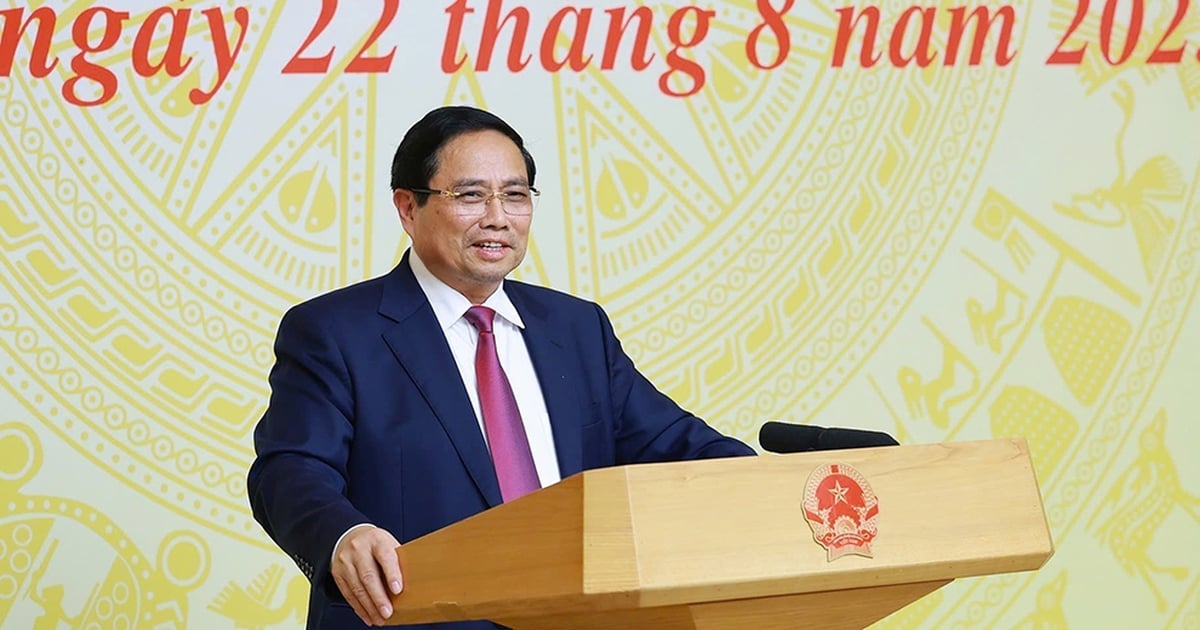







































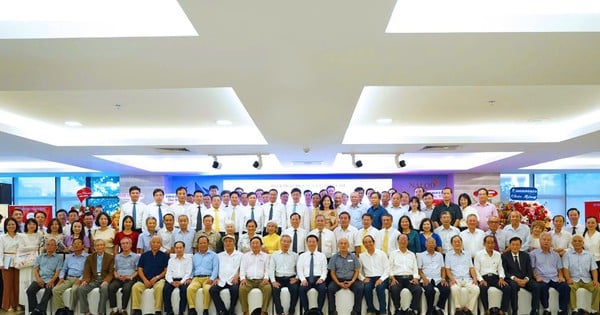














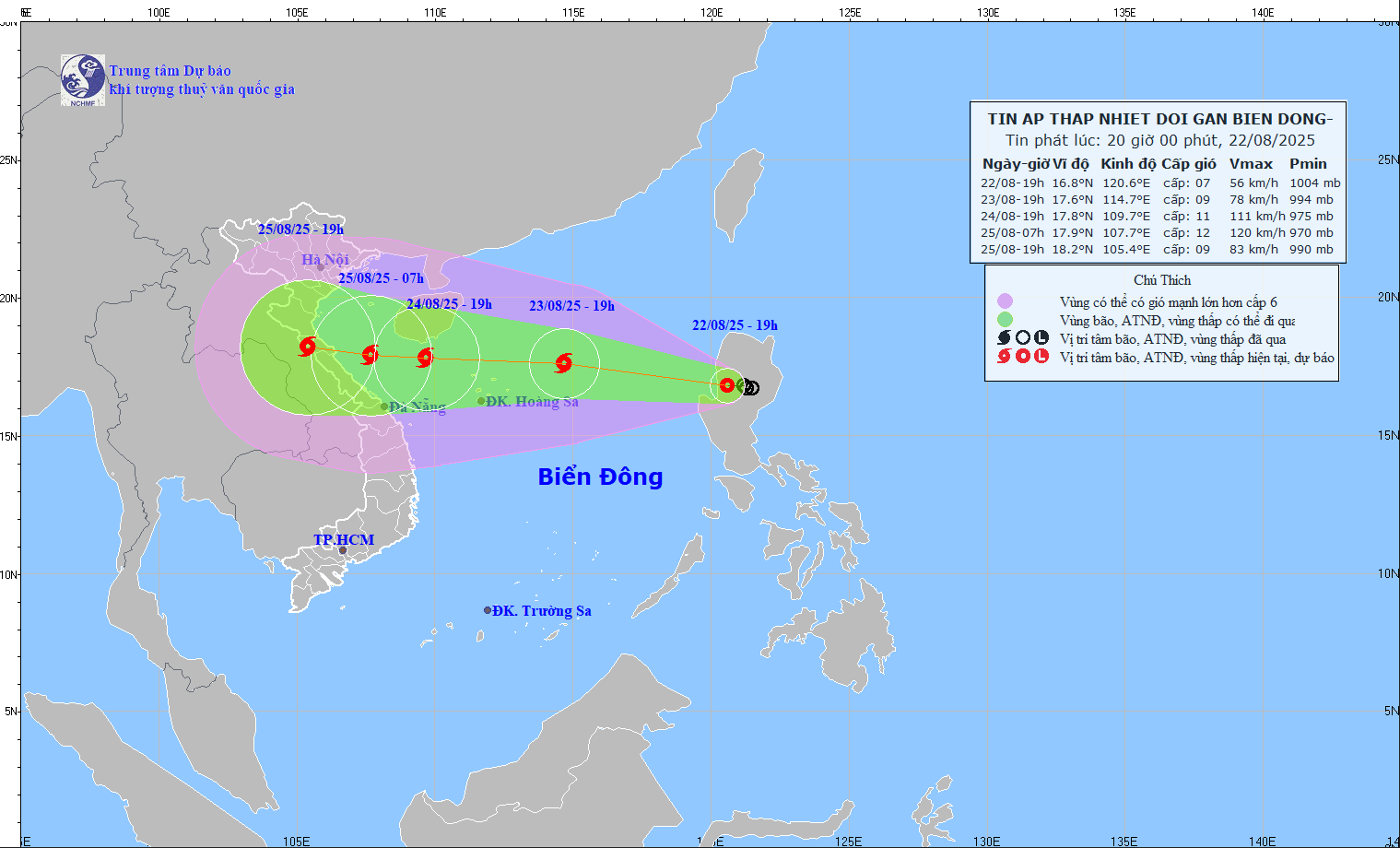















Comment (0)